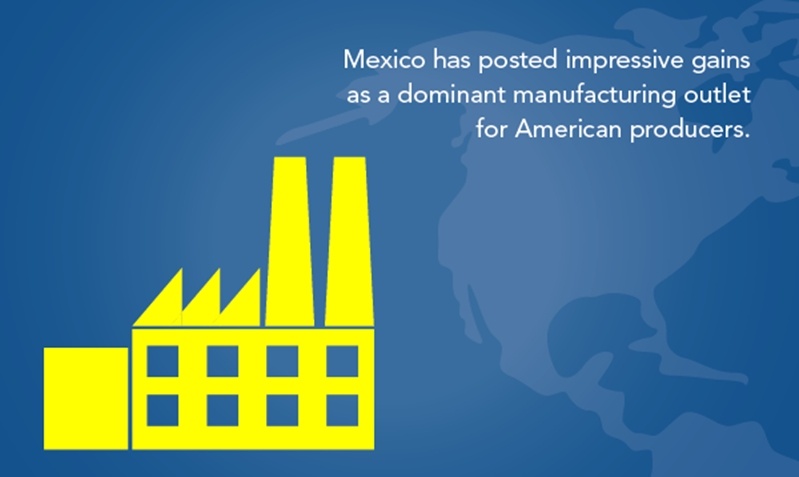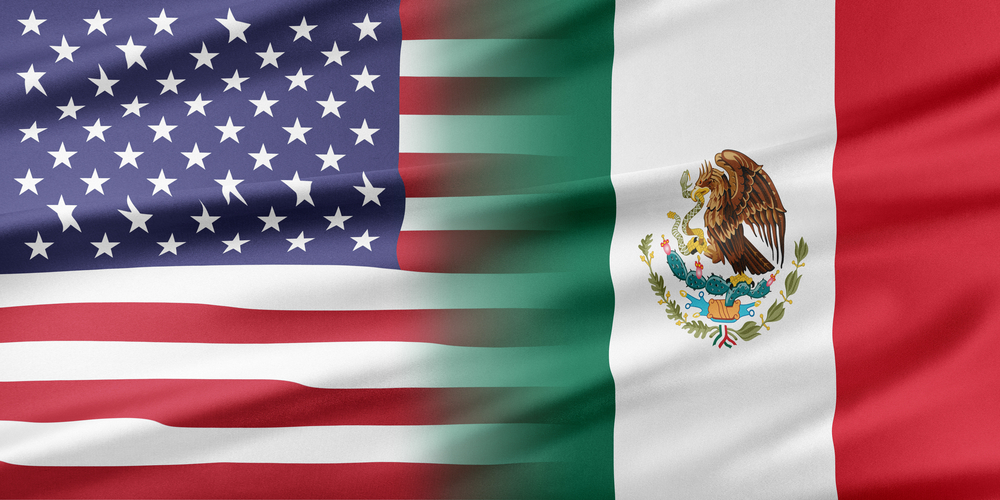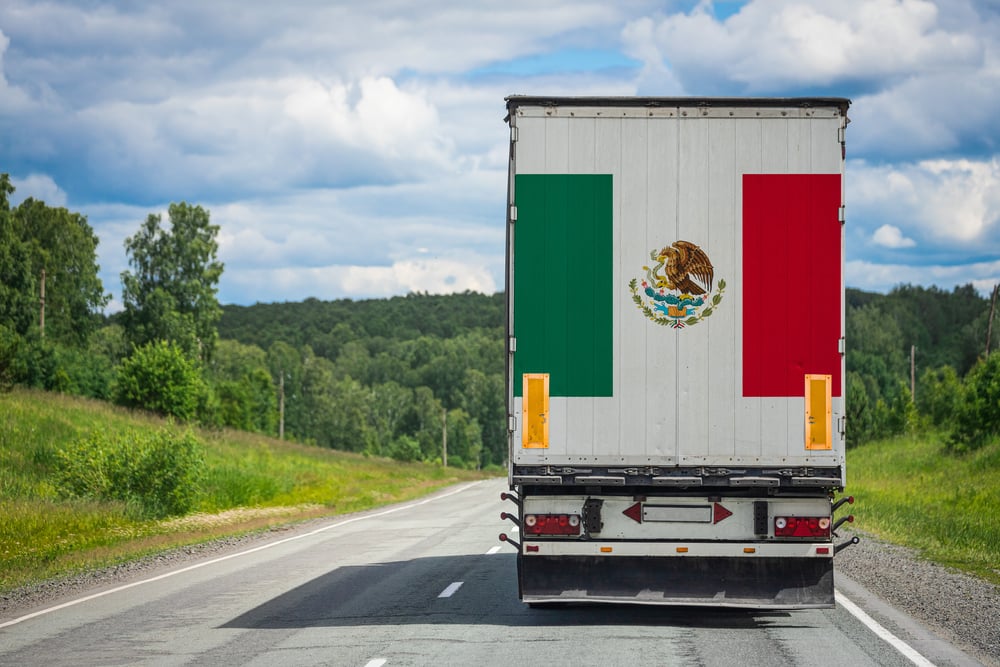The Trans-Pacific Partnership (TPP) is a proposed trade agreement designed to define a baseline set of norms for international trade. Successful formation of the partnership promises both direct and long-term benefits to American manufacturers.
President Obama is pushing for a deal, and the time is right to establish the rules of the road for international trade. The U.S. would like to see a system in place that empowers private markets and protects intellectual property rights. However, reluctance on the part of American auto manufactures, labor unions and some Democrat legislators has slowed process.
If you're not at the table … you're probably on the menu
The U.S. and Japan, the largest of the 12 economies involved in the agreement, are driving the conversation, but traditional U.S. partners like Canada and Mexico factor heavily into the mix. These 12 countries combine to form roughly 40 percent of the world's economy (measured in global gross domestic product).
China is conspicuously absent, and the U.S. would like to have a system in place that encourages the enormous Chinese market to improve upon a historically poor track record with regard to the protection of intellectual property rights.Mexico has posted impressive gains as a dominant manufacturing outlet for American producers. The geographic and logistical advantages for U.S. companies are obvious, but those advantages have always been there. The narrowing wages gap between traditionally low-cost Chinese labor and other nearshore-manufacturing partners has worked to make Mexico increasingly competitive.
 Pending trade legislation could have a big impact on manufacturing in Mexico.
Pending trade legislation could have a big impact on manufacturing in Mexico.What do we stand to gain?
Near-term payoffs include access to Japan's restricted and tightly controlled markets. Domestic U.S. exporters also look to become more competitive in global markets. Shared, international standards for labor and environmental issues are on the horizon, and establishment of an initial partnership is crucial to bringing China around on trade issues.
Pulling China in line with world trade is, of course, an important goal. Disregard for intellectual property rights is a huge barrier, as is participation in international arbitration on business issues. To become a participant, China will need to commit to tenets of the trade partnership.
Next steps
Fast-track negotiating authority is needed to move the partnership forward. Trade Promotion Authority (TPA) would provide a framework and grant authority for the American president to negotiate trade with international partners. TPA is a boon to the TPP negotiation process, removing the looming threat of extended congressional debate that may slow or even derail the partnership entirely.
TPA took a huge step forward recently, narrowly passing the House and advancing to the Senate. Both legislative bodies have taken positive steps toward the passage of TPA with various committee actions. Floor votes for the embattled trade authority, however, have been anything but guaranteed.
The Senate is set to tackle TPA, perhaps by the end of June. Passage of promotion authority is an important step. Should the president receive fast-track authority, manufactures could see enactment of the Trans-Pacific Partnership in 2016.
Subscribe
Sign up and stay informed with tips, updates, and best practices for manufacturing in Mexico.





